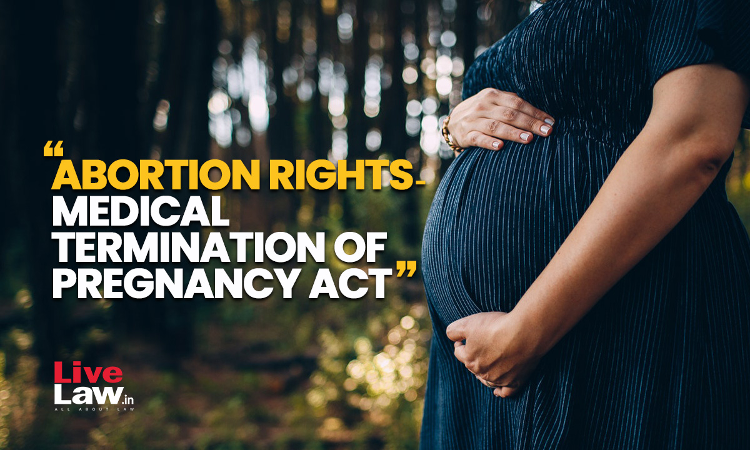Unmarried Woman's Right To Seek Abortion : Supreme Court Posts Matter For Hearing On August 10; Seeks Union's Views
Sohini Chowdhury
5 Aug 2022 9:36 PM IST

Next Story
5 Aug 2022 9:36 PM IST
In a plea filed by a 25 year old unmarried woman seeking medical termination of her 24 week pregnancy, the Supreme Court, on Friday, reflected on ways to extend the benefit of Section 3(2)(b) of the Medical Termination of Pregnancy Act, 1971, to unmarried women so that they can also seek medical termination of pregnancy which exceeds the period of 20 weeks but does not not exceed...
